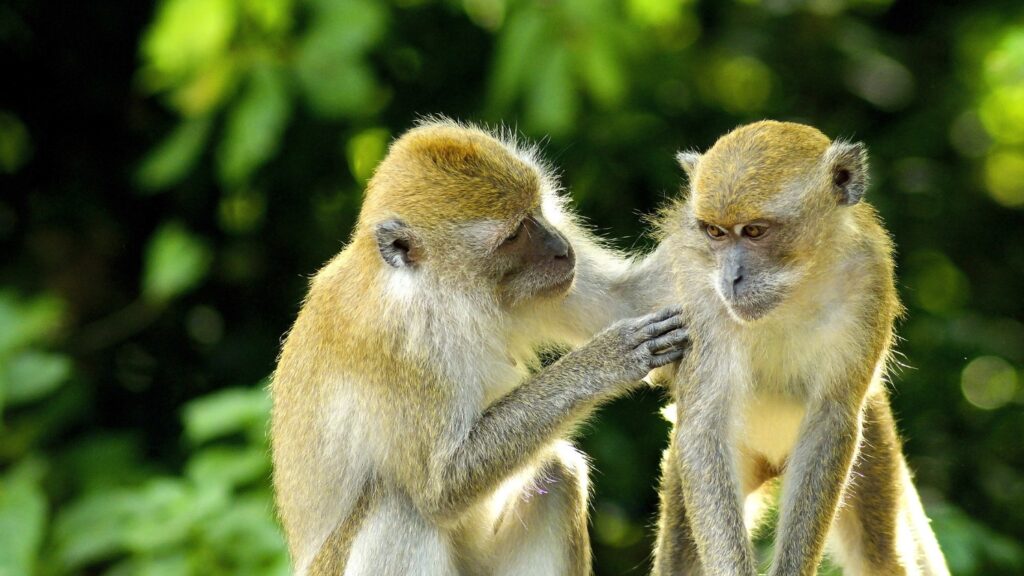What stage of evolution, the human brain developed the language and the ability to make music? What made us different from other primates? These are some of the questions that drive research Josef Rauschecker Department of Neuroscience at Georgetown University, Washington. Rauschecker explained their progress on May 17 at a conference cycle framed within IDIBELL seminars.
Josef Rauschecker’s laboratory performs comparative studies between human and monkey’s brains through anatomical studies, neuroimaging … in order to understand how evolution of primates allowed humans to communicate through language and to produce music while the other primates cannot do.
“It is clear that our ancestors had similar mechanisms but language appeared, as something entirely new in nature. We study at what moment and how our brains evolved differently to the rest of primates”.
As explained Rauschecker “this will allow us to better understand our brains and a better understanding of brain function in autism, dyslexia or aphasia”. HIs research also studies how the brain reorganizes itself in people who become blind or deaf. “These studies of brain plasticity” said “are relevant to understanding of degenerative brain diseases like Alzheimer’s.”

